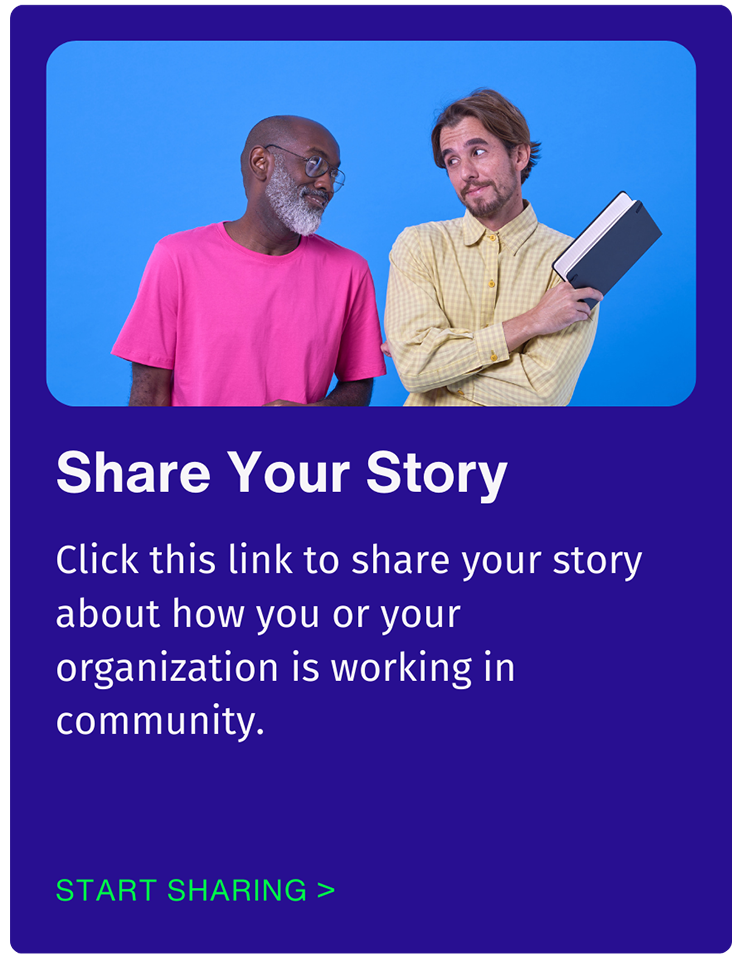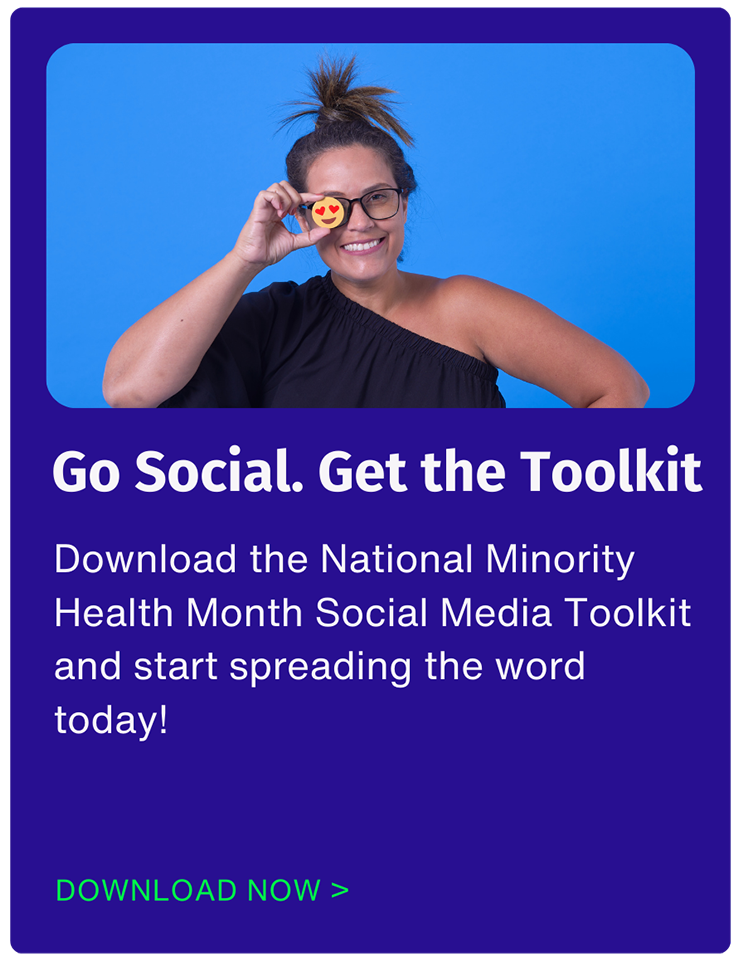powered by

GET INVOLVED
NATIONAL MINORITY HEALTH MONTH
What is National Minority Health Month?
Observed every April, National Minority Health Month (NMHM) aims to call attention to and eliminate disparities in access to healthcare and health outcomes in underserved communities.
What is the history of National Minority Health Month?
Booker T. Washington established National Negro Health Week in 1915 to address the high death rates in African-American communities across the country because “without health, and until we reduce the high death rate, it will be impossible for us to have permanent success in business, in property getting, in acquiring education, or to show other evidences of progress.” It was an 8-day long initiative that began in churches on Sunday, and sought to provide practical ways for other local communities to participate and to stimulate community through a shared interest of improving the overall condition of African-Americans.
National Minority Quality Forum, then called the National Minority Health Month Foundation, started NMHM in 1998 to continue the work established by Booker T. Washington. The first launch was in April of 2001 in response to Healthy People 2010, an initiative led by the Department of Health and Human Services to promote overall health and disease prevention. In 2002, the U.S. Congress officially recognized April as National Minority Health Month with a Concurrent Resolution, reinforcing the federal government’s commitment to reducing health disparities and improving health outcomes in minoritized communities. Today, NMHM is dedicated to raising awareness of disparities in care, advocating for policy changes to better support underserved communities, and promoting initiatives that address social determinants of health and advance health equity for all minority populations.




